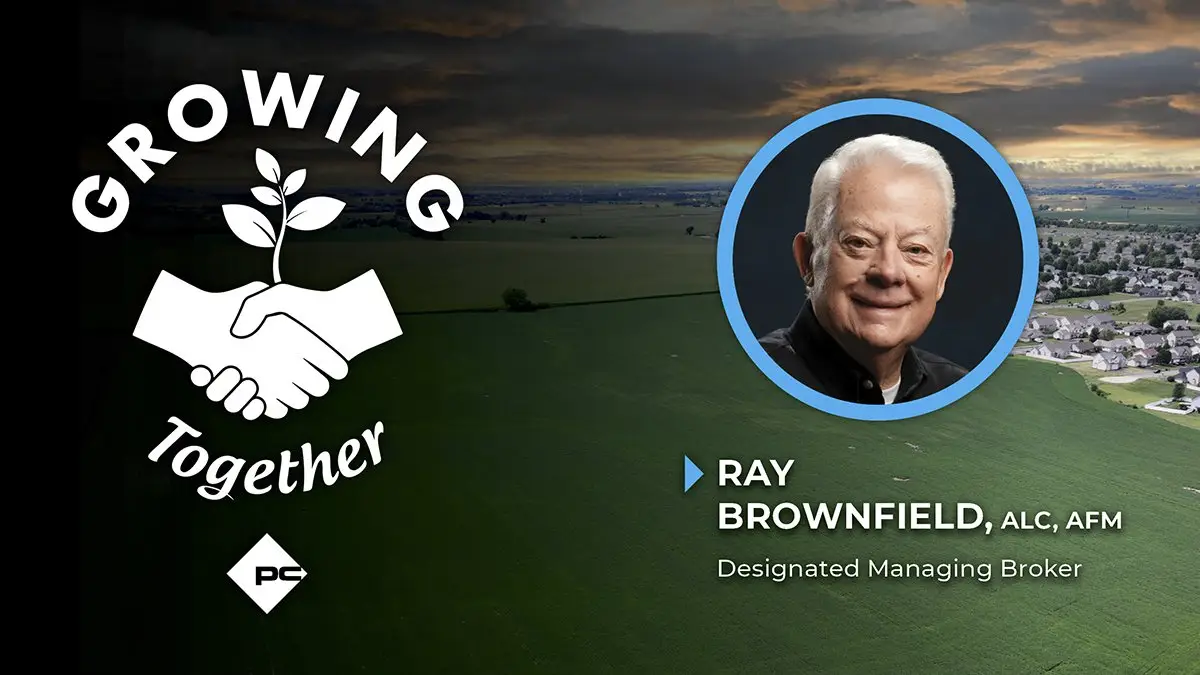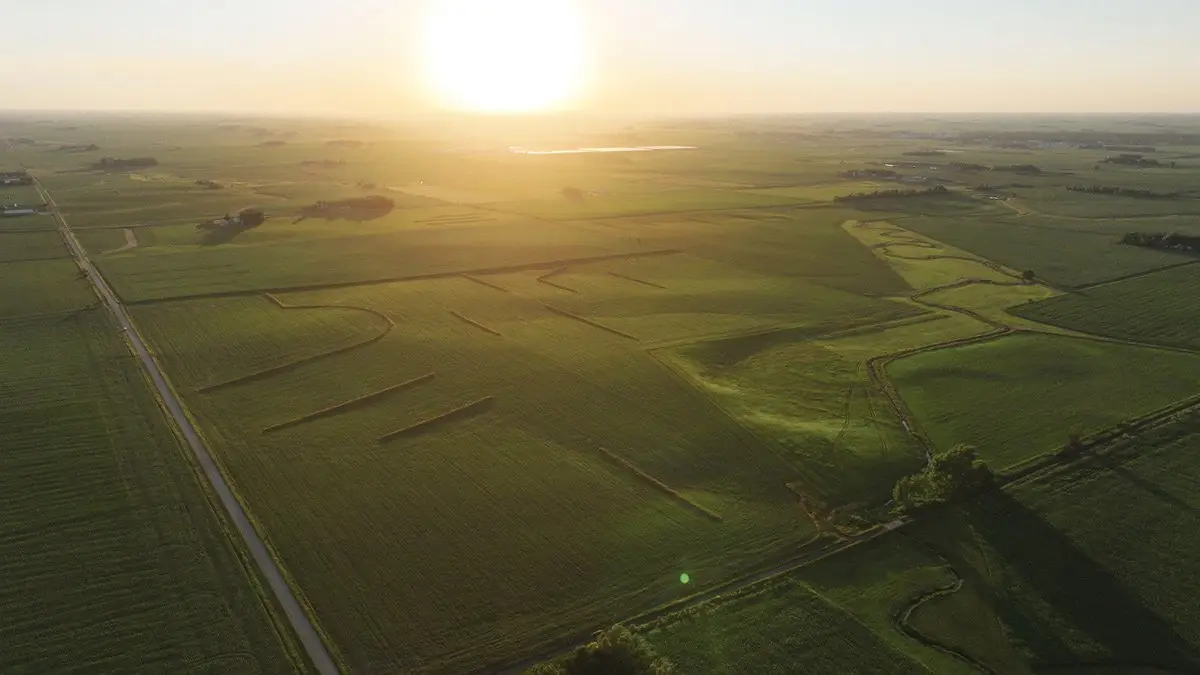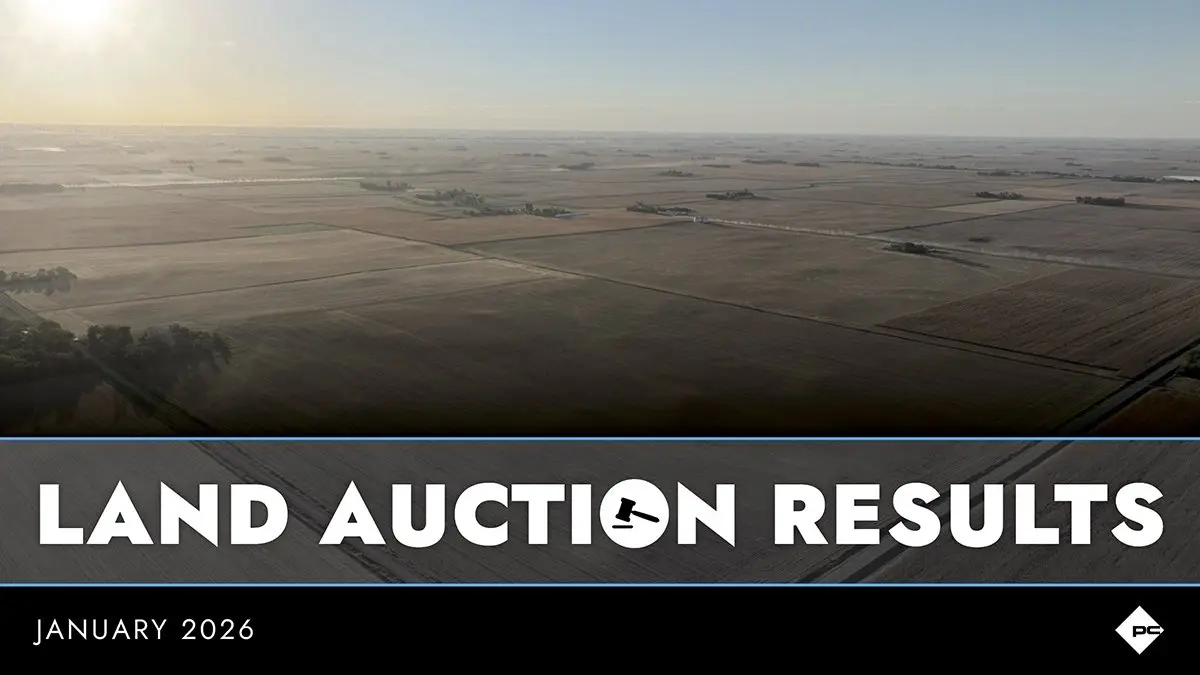Agriculture marks a significant milestone in 2015. Farmers and investors have ridden the train together to new plateaus in both the grain and livestock industries. Interest rates have remained at historical lows. For the first time in years, the general consensus points toward lower grain prices, hence lower land prices.
My family and I went through a downturn 35 years ago. I am a product of the 1980s’ Farm Crisis. I went in on the farm operation in 1976, right out of high school, then on to Iowa State University during the winters of 1976 and 1977.
Ultimately, I went back to the farm for good.
Even at the time, getting bigger was the key to getting more efficient. In fact, it still is. We increased the dairy herd, rented seven more farms, back-grounded feeder cattle, and had a sizable custom farming business. Farming seemed like the place to be. What could go wrong?
Inputs were inline, but inflation kicked in, interest rates rose to 18 percent, and farm commodities tanked. Luckily I had a business mentor who shared the advice to help me survive during that time, and his advice has stayed and will stay with me for the rest of my life.
Our family had to readjust our business thought process; how we spent and how we lived during the 80s stall.
That experience and advice has helped to shape me, and to shape future business decisions.
How I view what could happen with cash flow and land values in the upcoming three years.
Recommended Ag Business Strategies:
1. Make sure your long-term debts are financed right for your business. Lock in your interest rates! Three-to-five-year balloon payments can take you out in a sideways market.
2. Make sure your operation isn’t overpowered on machinery. Trade down to cheaper horsepower, or lease or hire a custom farm operator to perform aspects of production for you. Try to bring down that metal-payment in case you have a short crop and / or disappointing prices. Don’t base these decisions on what you think your neighbors think. The grass isn’t always greener in their yard. They probably are having the same problems that you are. Make solid decisions that will help your family long term.
3. Don’t be afraid to pay some income tax. Buying a depreciating item to stay ahead of the IRS can backfire by adding to your short-term and intermediate-term debt load. However, I am a proponent of purchasing real estate when purchased right.
4. Be conservative and question your motives on capital expenditures. Ask yourself “Can I operate next year without this?”
5. Look ahead three, five, or 10 years on your business plan.
6. Off-farm income helps you weather the storm.
7. Don’t be afraid to make changes in your operation that will benefit your family long-term. Look beyond the mainstream of how your operation can handle the downturns. I tell my sons “Never get married to anything that doesn’t have a pulse.”
The next three years may be a learning curve for this generation of farmers. You may have to sell off something that you think you are attached to, but is replaceable. I wonder what will be written in the agricultural history books 10 years from now? We have more cash in the market than in the 80s. We do handle more money today on inputs and rolling stock, but will the low interest rates stay in place?
Long term, I would still rather own land and look for opportunities in a sideways market. Even if land values corrects themselves by 25 percent, you can still see it and drive on it unlike going to the mailbox and seeing the value of paper investments going away.
Good luck!
John Hutchcroft has been with People’s Company for 10 years, and has been a licensed real estate agent in Iowa since 1992. John farmed actively with his family for 34 years with dairy, beef, hogs, and grain west of Indianola, Iowa. He has rented out the land the last five years to pursue his real estate career full time.







